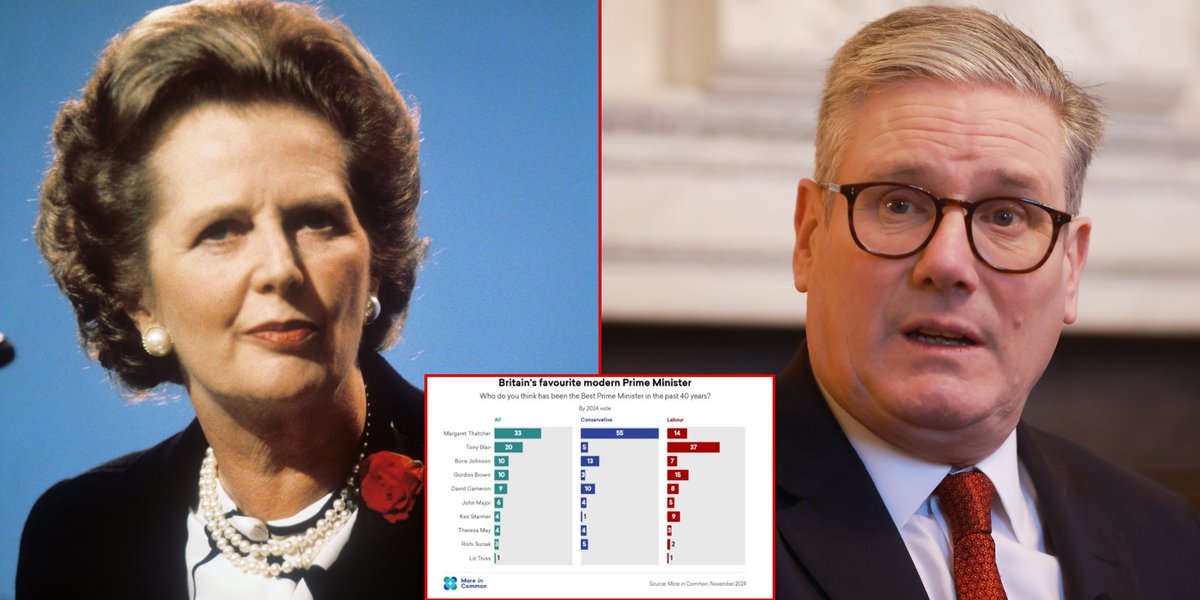Chancellor Olaf Scholz faced a confidence vote in the German parliament on Monday that he was expected to lose, paving the way for the European Union’s most populous member and biggest economy to hold an early election in February.
Scholz’s unpopular and notoriously rancorous three-party government collapsed on November 6 when the chancellor fired his finance minister in a long-running dispute over how to revitalise Germany’s stagnant economy, and the minister’s pro-business party quit the coalition.
That left the remaining two centre-left partners without a majority in parliament.
Leaders of several major parties then agreed that a parliamentary election should be held on February 23, seven months earlier than originally planned.
Post-World War II Germany’s constitution does not allow parliament’s lower house, or Bundestag, to dissolve itself, so a confidence vote is needed to set in motion the early election.
What is likely to happen?
Scholz’s Social Democrats hold 207 seats in the Bundestag and are expected to vote for the chancellor. Their remaining coalition partners, the environmentalist Greens, have 117 and plan to abstain. That should mean Scholz gets nowhere near the majority of 367 in the 733-seat chamber needed to win the confidence vote.

 By South China Morning Post | Created at 2024-12-16 14:59:48 | Updated at 2024-12-16 18:42:32
4 hours ago
By South China Morning Post | Created at 2024-12-16 14:59:48 | Updated at 2024-12-16 18:42:32
4 hours ago







